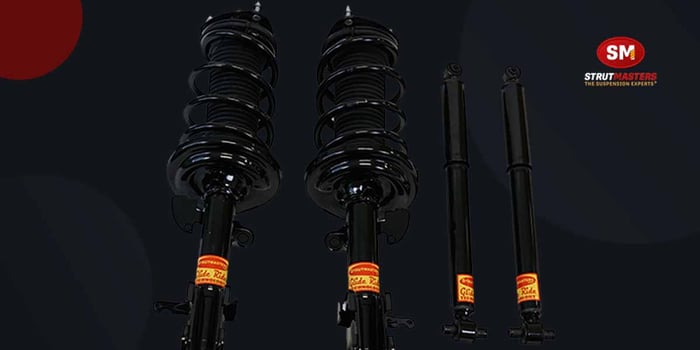We all know that air suspension kits can help to boost a vehicle’s fuel economy. But with efficiency becoming more of a concern for many drivers, simply installing air suspension parts to your vehicle won’t be enough to ensure an eco-friendly performance. Fortunately, these five tips can help you save gas during your travels.
Drive with Care
Speeding, sudden braking, and sudden acceleration can all lead to decreased fuel economy. In fact, the US Department of Energy reports that aggressive driving reduces gas mileage by about 5% when driving in towns and by 33% at highway speeds. To uphold an efficient performance, drive with care. This means maintaining a steady speed and laying off the gas and brake pedals. Instead of speeding from a stop or slamming the brakes, let your car coast for a second before stepping on the pedals.
Keep Your Windows Up
There’s been some debate about whether using your car’s air conditioning saves more fuel than keeping the windows down. However, it has been proven that using the AC does help to increase efficiency. That’s because keeping your windows up when driving reduces drag and the car’s wind resistance, which promotes a more aerodynamic performance. However, the speed at which drag negatively affects a car can differ from vehicle to vehicle. So a good rule of thumb to follow is to keep your windows down when driving at slower speeds and turn your AC on when traveling on the highway.
Get the Junk Out of Your Trunk
The US Department of Energy states that carrying excessive amounts of cargo results in lower fuel economy. Those traveling with cargo on the roof can experience as much as 17% less fuel efficiency on the highway. Those carrying cargo in their trunk can bring down your fuel economy by 1%. Installing an air suspension kit when you need to haul heavy items can help solve this issue. However, if you don’t need to tow or haul anything, clean out your car and get rid of the junk in your trunk. Removing the excess weight with help your vehicle to drive smoothly and more efficiently.
Ensure Proper Tire Inflation
Tire pressure plays a big role in fuel economy. Over- or underinflating your tires can significantly reduce gas mileage. On top of that, improperly inflated tires can lead to decreased traction, stability, and overall performance. So make sure that your tires are always at the right air pressure. This will not only improve fuel economy by up to 3% but will also help to maintain the condition of your tires and extend their longevity.
Schedule Routine Service Appointments
Most importantly, you want to make sure that you schedule routine service appointments. All services, including oil changes, engine tune-ups, and air filter replacements, can help you to get better gas mileage. Performance issues like sludge and blocked airways can cause your engine to work harder and burn more fuel in an effort to ensure proper performance. But with routine services, you avoid these issues so your car runs smoothly and more efficiently. Air suspension kits may help with fuel economy and performance, but if you’re really looking to save gas, you’ll need to follow this helpful tips as well. For more automotive tips, check out Strutmasters’ blog.


